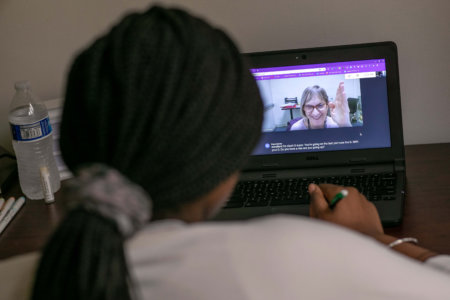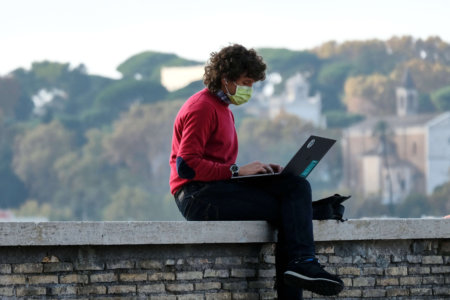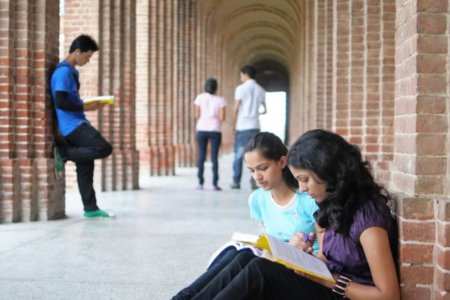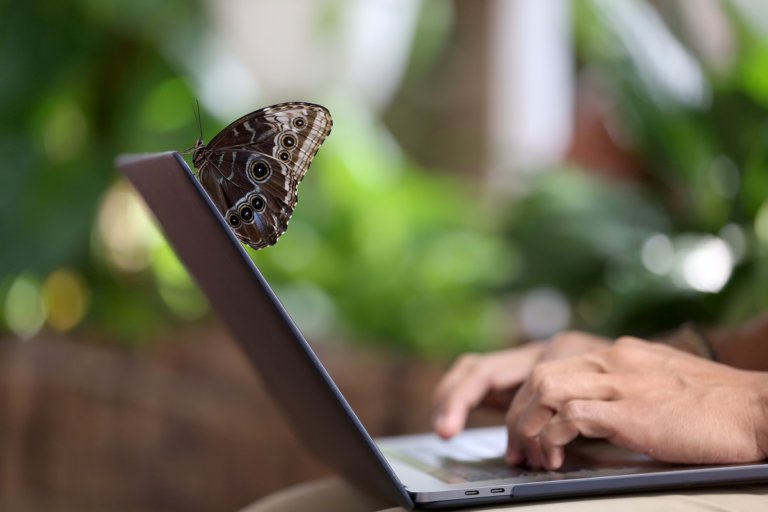
The story of University of the People (UoPeople) began when education entrepreneur Shai Reshef witnessed the power of online education firsthand. As it was still far too costly for most people, he created a free virtual university in 2009 — the first non-profit, tuition-free, accredited, online, American university that today boasts students from all around the world.
As such a model raises many questions, we’re here to answer them for you. Here are five things you should know about UoPeople:
University of the People is a tuition-free online university
As a fully-virtual university, UoPeople combines low-tech educational resources with experienced volunteering professors. Here, you do not pay for courses, textbooks, or enrolment. Tuition is entirely free, but you do have to pay minimal fees for course assessments, which totals US$100 for undergraduate programmes and US$200 for graduate programs. This means you can get a full bachelor’s degree for only $4,000. While there are scholarships available, the waitlists are long.

Shai Reshef established the University of People in 2009. Source: Neilson Barnard/Getty Images/AFP
Yes, it’s a legitimate American university
UoPeople is known as the “first non-profit, American-accredited, tuition-free online university.” It is accredited by the Distance Education Accrediting Commission (DEAC), which is recognised by the US Department of Education. DEAC is also recognised by the Council for Higher Education Accreditation, which makes UoPeople a legitimate American university.
According to the official website, “An accredited American degree is usually recognised worldwide due to the fact that American higher education is considered to be the golden standard of higher education. Even countries with different educational systems are willing to look seriously at US degrees if they are accredited within the US” This means that your UoPeople degree should be valued by educational institutions and companies all over the world. To be sure, you may check the status of a UoPeople degree in your own country.
You can enrol from anywhere in the world
You could say that UoPeople students have always been prepared for learning in a pandemic. Students across 200 countries and territories managed to stay on track with their studies, while thousands of other programmes were disrupted. This matters because many UoPeople students are working adults, young parents, undocumented students, and refugees; for them, this is their one and only shot at higher education.
Learning online independently requires discipline, of course. You must learn to integrate your studies seamlessly into everyday life. Thankfully, you get to choose when to access course resources and lessons, which allows you to create your own flexible study schedule. That’s why 80% of graduates say their degree from UoPeople helped them prepare the skills and tools required for their current career.
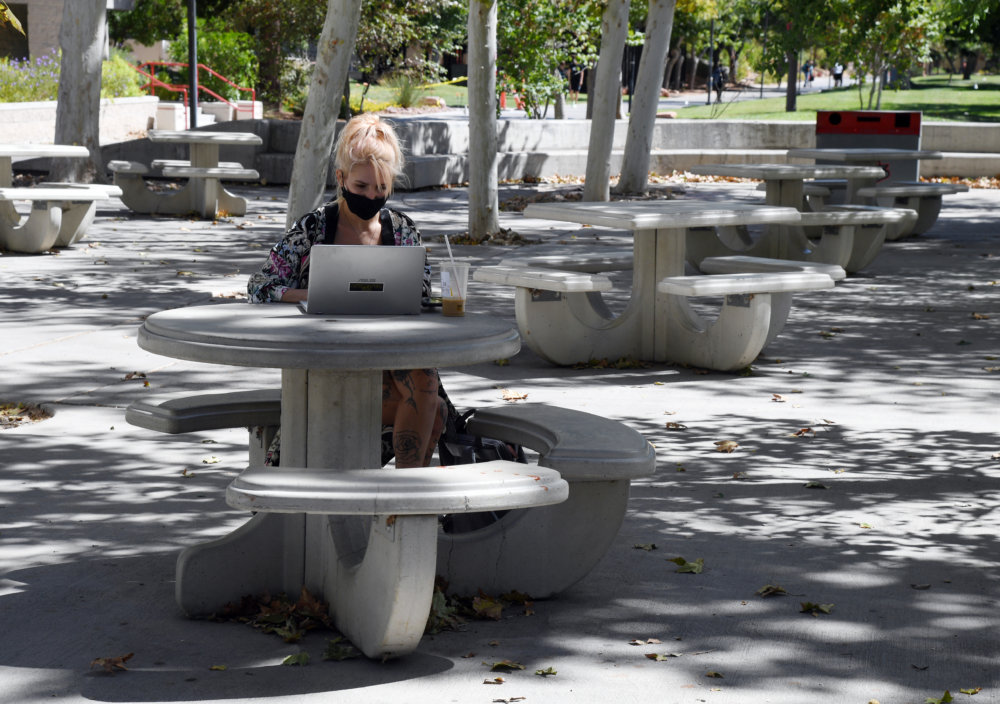
With freedom to take classes anytime, anywhere, comes the responsibility to plan your own study schedule. Source: Ethan Miller/Getty Images/AFP
You may progress to well-established universities
UoPeople graduates benefit from the university’s connections with collaborators and esteemed universities, built throughout the past decade. Many go on to continue their education at universities around the world, such as New York University, the University of Auckland, UC Berkeley, the University of Nairobi, Sapienza University of Rome, and many more.
Thousands graduate from the University of the People every year
When UoPeople first opened in 2009, employers were still doubtful about a free online degree. Now, 87% of UoPeople graduates are employed with 71% being employed full-time. Some work in Amazon, Apple, IBM, Microsoft, the United Nations and the World Bank. More still are simply people on unconventional life paths hoping for a chance at education.








